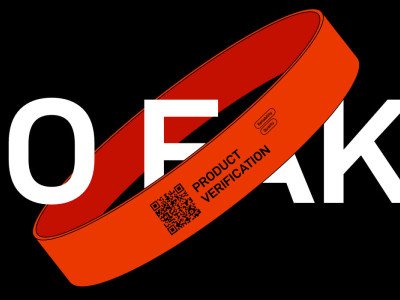ECPT is an internationally peer reviewed journal that, “desires to publish articles on all aspects of Pharmacology and Toxicology. The journal aims to publish clinical and experimental work on all the topics related to Pharmacology and Toxicology.”
Joel Nitzkin is a public health physician and is board certified as a specialist in preventive medicine. He has been a local health director, a state health director and president of two national public health organizations. He has been active in the tobacco control arena since the 1970s and played a lead role in developing and securing passage of early anti-smoking legislation in New York State and Louisiana.
In his paper, he describes how he believes both the pro- and anti-vape sides of the debate are, “well intentioned and desire to do all within their power to reduce the burden of tobacco-related addiction, illness, and death”. It’s a generous point of view given some of the specious statements some of the more rabid tobacco controllers come out with.
He describes how those opposed to vaping end up adopting an “absolutist/prohibitionist mindset”, denying any use of nicotine and spurning a harm reduction approach to tobacco addiction.
“The ecigarette community, by contrast, sees tobacco harm reduction using e-cigarettes as the only feasible way to make cigarettes obsolete, and by doing so, reduce the risk of cigarette-related heart disease, lung disease and cancer by 95% or more, and do so while not increasing, and likely decreasing teen use of nicotine products. The e-cigarette community also recognizes the benefits of self-administered nicotine for persons suffering from schizophrenia, depression, bipolar disorder, Crohn’s disease and other disorders; a benefit not recognized by public health authorities.”
Joel presents a historical perspective for the development of attitudes in the States and includes how legislation has changed before detailing the “dysfunctional aspects of American tobacco control programming”.
He concludes: “Current federal initiatives to eliminate e-cigarettes from the marketplace are likely to do far more harm than good from a public health perspective. The problems appear to be a long-term anti-all-things-tobacco orientation in the public health community, bolstered by dysfunctional provisions of the FDA tobacco law, poor quality tobacco control science and an unwillingness to consider findings strongly suggestive of benefits of e-cigarettes, benefits not likely to be achieved by other means. The time has come for tobacco control leadership to address the dysfunctional aspects of our current tobacco control programming listed in this paper.”
Related:
- EC Pharmacology and Toxicology – [link]
- “E-cigarette Tipping Points Revisited, with Historical Perspective” by Joel Nitzkin – [link]
Photo Credit:
Image by Ivana Divišová from Pixabay
Dave Cross
Journalist at POTVDave is a freelance writer; with articles on music, motorbikes, football, pop-science, vaping and tobacco harm reduction in Sounds, Melody Maker, UBG, AWoL, Bike, When Saturday Comes, Vape News Magazine, and syndicated across the Johnston Press group. He was published in an anthology of “Greatest Football Writing”, but still believes this was a mistake. Dave contributes sketches to comedy shows and used to co-host a radio sketch show. He’s worked with numerous start-ups to develop content for their websites.
Join the discussion
Parliament Fears Two
The Department for Environment, Food and Rural Affairs faced questions from a Conservative MP and, oddly, a member of the Department for Environment, Food and Rural Affairs
Harm Reduction For The Rich
The United Kingdom risks becoming a harm reduction country only for the wealthy, according to Michael Landl of the World Vapers’ Alliance
Sacrificing Health For 2p Cut
Tory Government alienates vaping voters with its mission to cut tax by an unaffordable 2p to attract voters by placing a tax on vape products in the forthcoming budget
Scotland Announces Single-Use Vape Action
A ban on the sale and supply of single-use vapes in Scotland is due to come into effect on 1 April 2025, under proposed legislation published today








-listing400.jpg)


